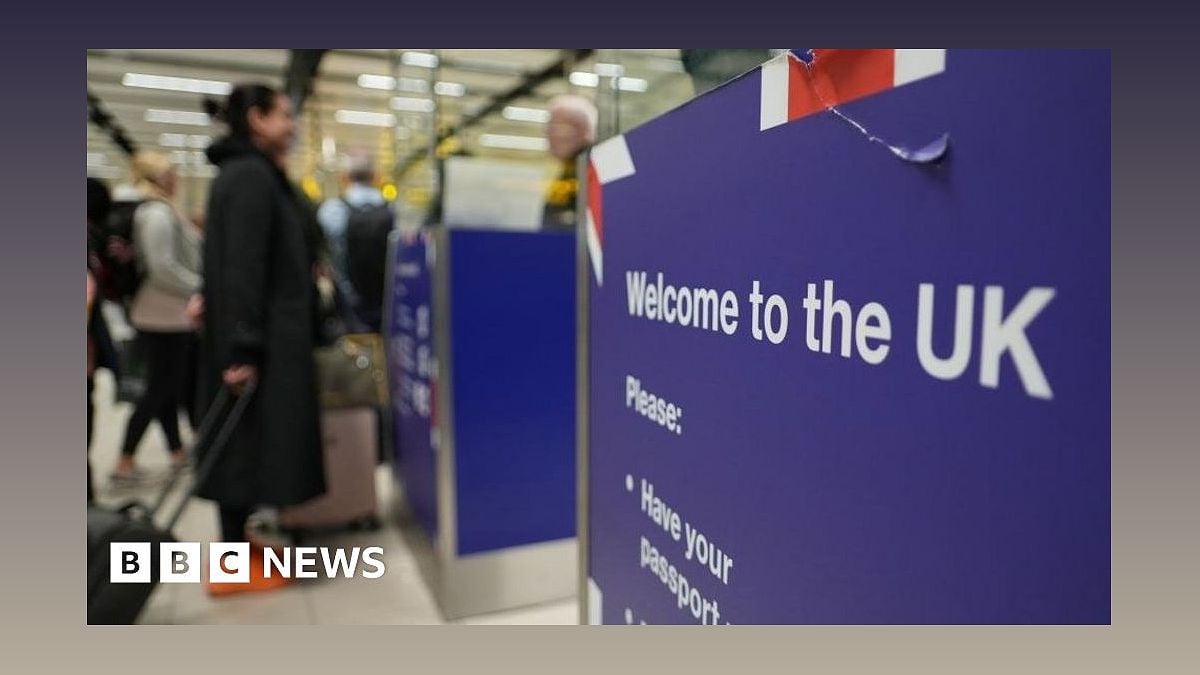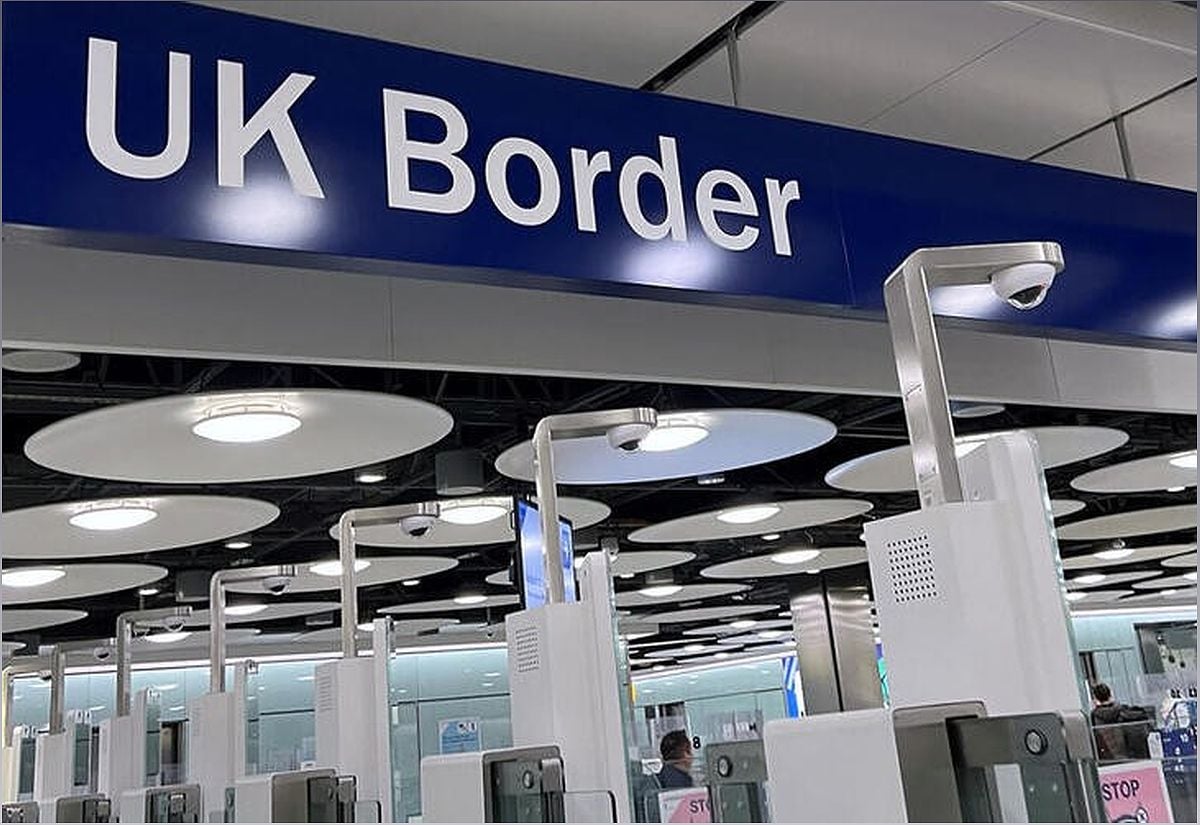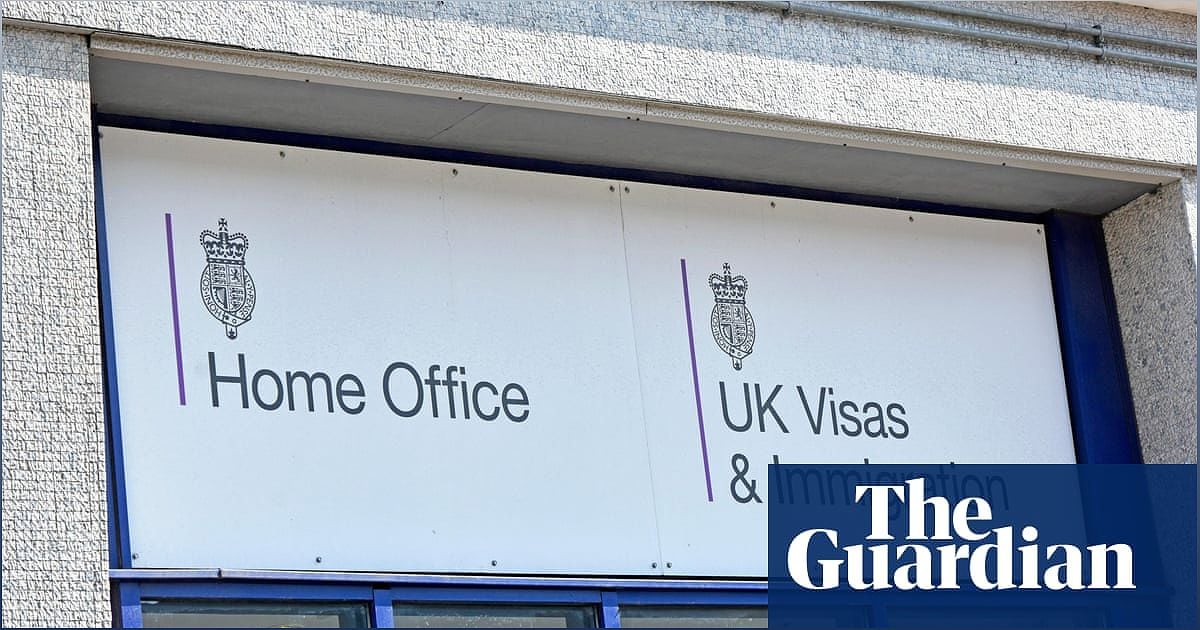New Government Measures to Control Migration: Higher Minimum Salary and Visa Restrictions
The government is taking steps to address the issue of migration by implementing new measures. These measures include raising the minimum salary required for foreign workers to be eligible for a work visa and imposing restrictions on certain types of visas. In this article, we will explore the details of these changes and their potential impact on different sectors, such as healthcare and education.
Higher Minimum Salary for Foreign Workers
The government is set to raise the minimum salary required for foreign workers to obtain a work visa. Currently, the minimum salary stands at £26,200, but reports suggest that it could exceed £35,000. This move aims to control migration and ensure that only skilled workers who meet the higher salary threshold are eligible for a work visa.

The increase in the minimum salary is expected to have an impact on various sectors. For instance, it may affect the hiring of foreign workers in occupations where the standard salary thresholds are lower. The government’s migration advisers have recommended scrapping the 20% rule, which allows certain posts on the shortage occupation list to be filled by foreign workers paid 20% less than the official ‘going rate’.

Visa Restrictions for Healthcare Workers
As part of the government’s efforts to control migration, there are expected to be restrictions on visas for healthcare workers. The number of health and care worker visas issued in the previous year was double that of the year before, highlighting the heavy reliance on foreign workers in the sector.

The new visa restrictions may pose challenges for the healthcare sector, which already faces staffing shortages. It is crucial to address the underlying factors contributing to the staffing crisis, such as persistent underfunding of local councils. By doing so, the sector can ensure a sustainable workforce and maintain the quality of care provided.

Limitations on Dependent Migrants
In addition to the changes in visa requirements, there are anticipated limitations on the number of dependents migrants can bring to the UK. These limitations aim to further control migration and ensure that the number of dependents is reasonable and manageable.
It is important to strike a balance between addressing migration concerns and maintaining family unity. The government must carefully consider the potential impact of these limitations on migrants and their families, particularly in cases where dependents may have valid reasons to join their loved ones in the UK.
Potential Changes to Student Visas
Aside from the changes to work visas, there may also be additional conditions imposed on some student visas. These conditions aim to ensure that the education system remains attractive to international students while addressing concerns related to migration.
It is important to strike a balance between welcoming international students and safeguarding the interests of domestic students. The government must carefully consider the potential impact of these changes on the international student community and the reputation of UK universities.
